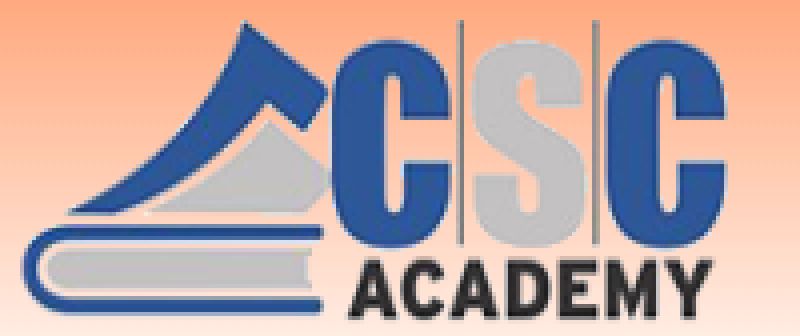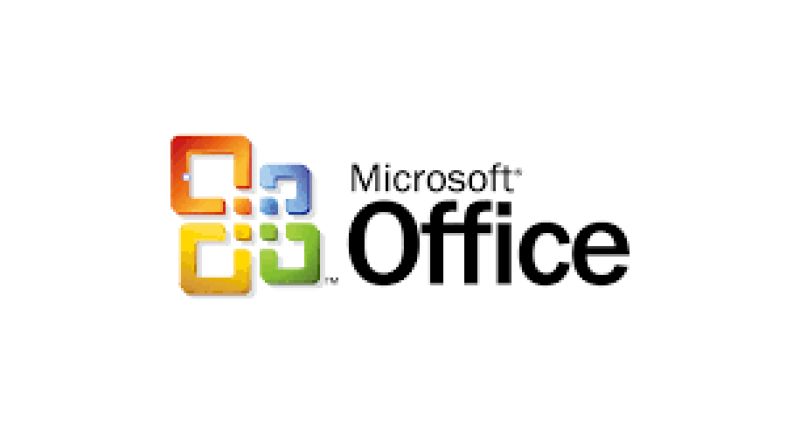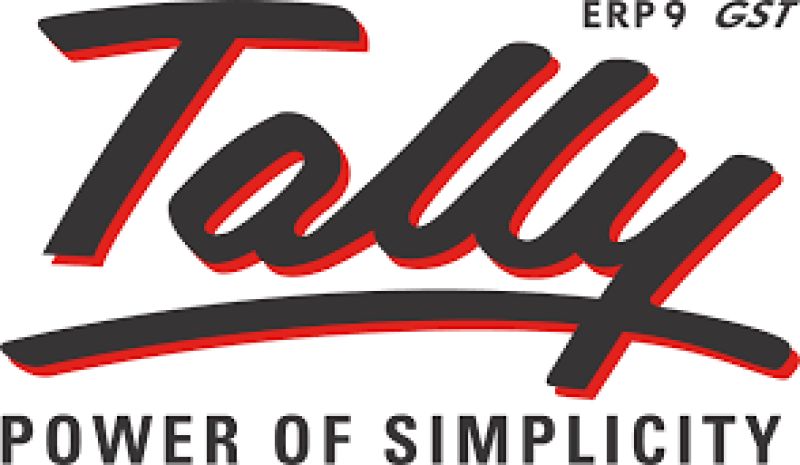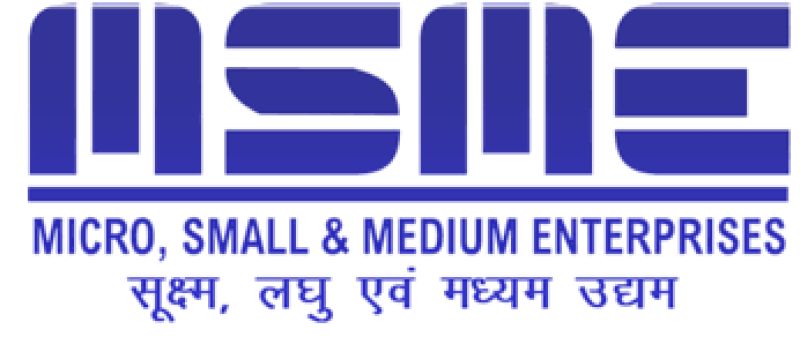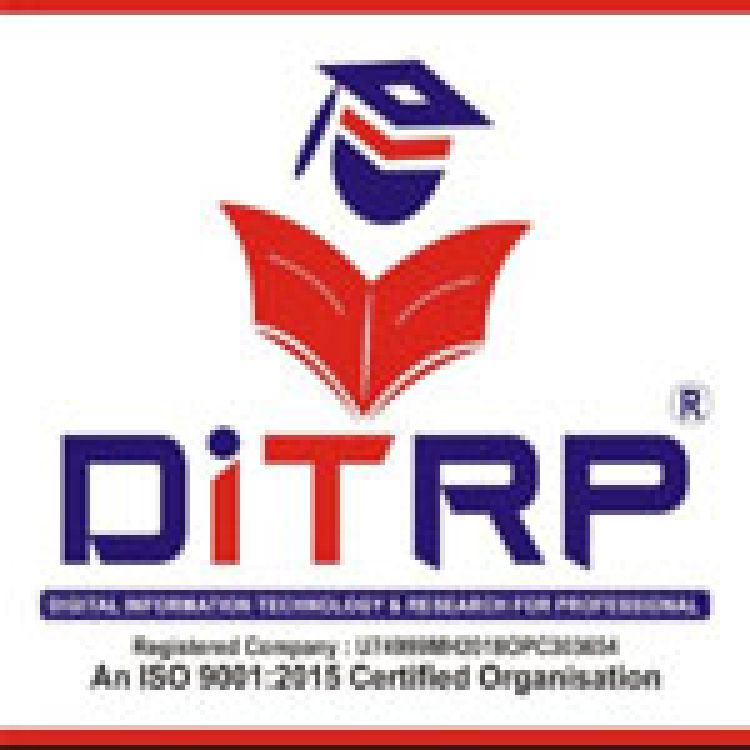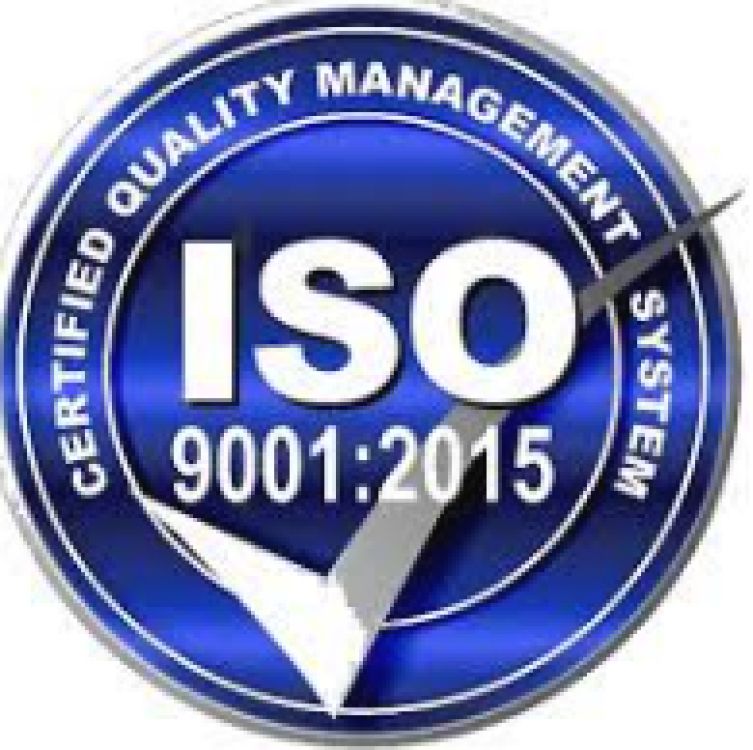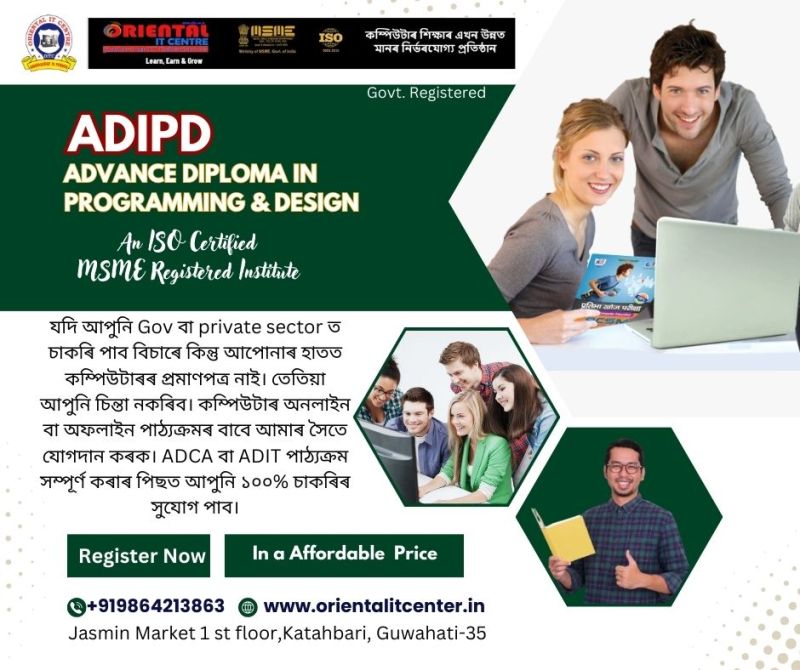
This course is designed to provide students with an in-depth understanding of computer programming and design. It covers a wide range of topics including advanced programming concepts, software development, web and mobile application design, and user interface (UI) and user experience (UX) design. The course aims to prepare students for careers in software development, web design, and other related fields in the IT industry.
Upon successful completion of the course, students will receive an "Advanced Diploma in Computer Programming & Design" from Oriental IT Centre.
To enroll in the course, please visit our website or contact our admission office at the provided contact information.

Course Code : SACSM-003

Course Code :
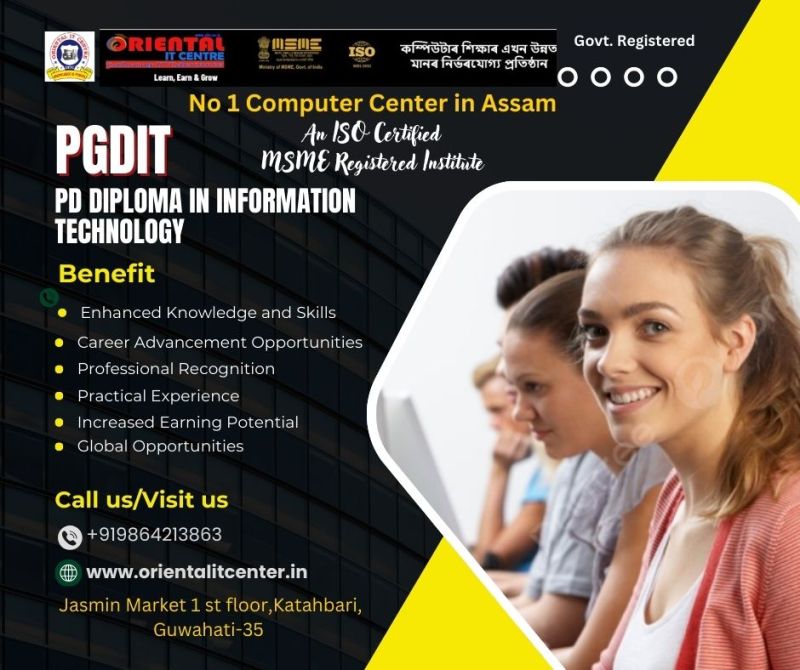
Course Code : SACSM-002

Course Code : SACSM-055,

Course Code : SACSM-004

Course Code : SACSM-005
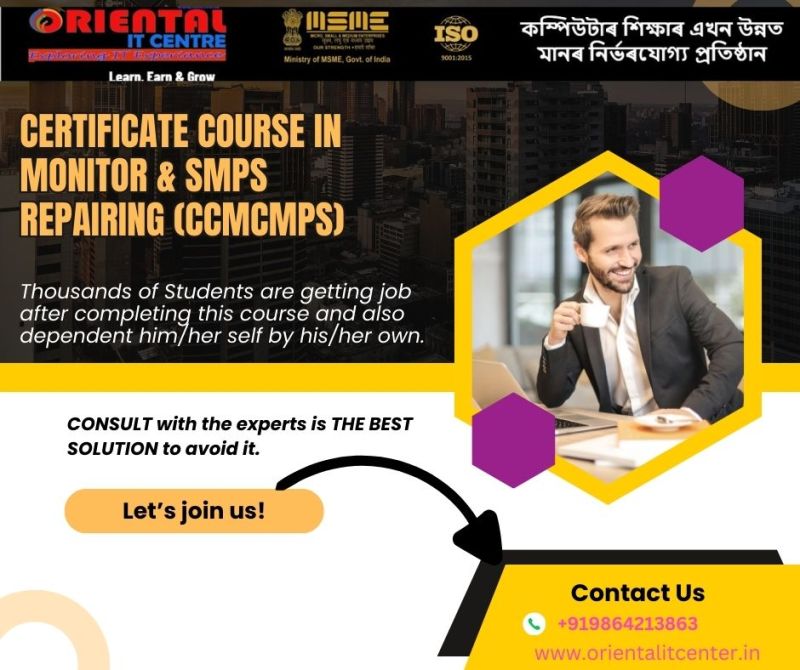
Course Code : SACSM-006

Course Code : SACSM-007
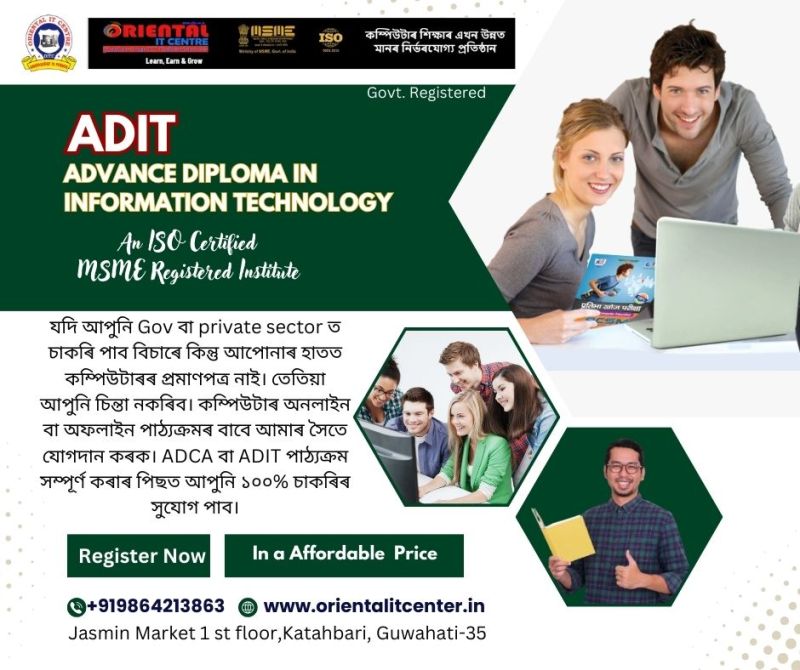
Course Code : SACSM-008

Course Code : SACSM-009
Course Code : SACSM-010

Course Code : SACSM-011
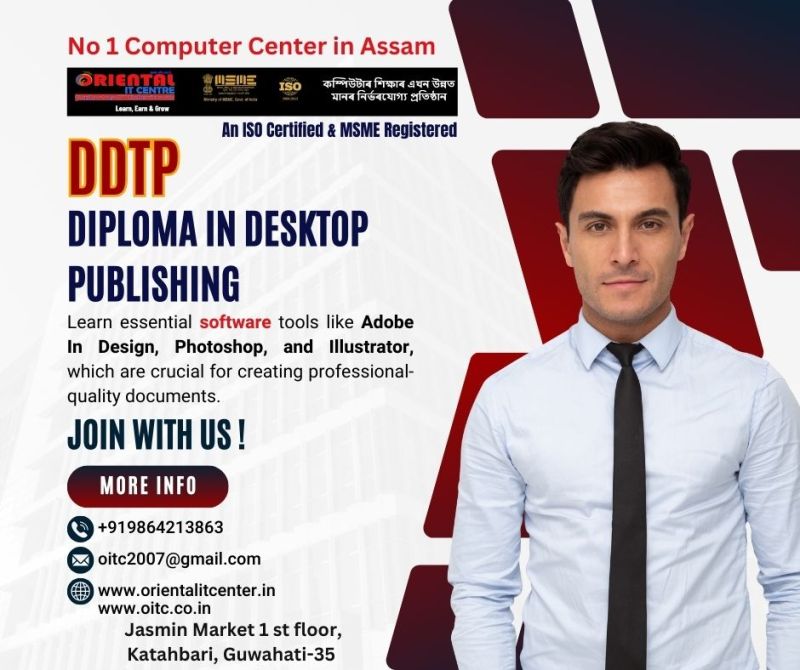
Course Code : SACSM-012
Course Code : SACSM-013
Course Code : SACSM-014
Course Code : SACSM-0014
Course Code : SACSM-015

Course Code : SACSM-016
Course Code : SACSM-017
Course Code : SACSM-018
Course Code : SACSM-019

Course Code : SACSM-020
Course Code : SACSM-021
Course Code : SACSM-022
Course Code : SACSM-023
Course Code : SACSM-024
Course Code : SACSM-025
Course Code : SACSM-026
Course Code : SACSM-027
Course Code : SACSM-028
Course Code : SACSM-029
Course Code : SACSM-030
Course Code : SACSM-031
Course Code : SACSM-032
Course Code : SACSM-033
Course Code : SACSM-034

Course Code : SACSM-035
Course Code : SACSM-036
Course Code : SACSM-037
Course Code : SACSM-038
Course Code : SACSM-039
Course Code : SACSM-040
Course Code : SACSM-041
Course Code : SACSM-042
Course Code : SACSM-043
Course Code : SACSM-044
Course Code : SACSM-045
Course Code : SACSM-046
Course Code : SACSM-047
Course Code : SACSM-048
Course Code : SACSM-049
Course Code : SACSM-050
Course Code : SACSM-051
Course Code : SACSM-052
Course Code : SACSM-053
Course Code : SACSM-054
Course Code : SACSM-056
Course Code : SACSM-057
Course Code : SACSM-058
Course Code : SACSM-059
Course Code : SACSM-060
Course Code : SACSM-061
Course Code : SACSM-062
Course Code : SACSM-063

Course Code : SACSM-064
Course Code : SACSM-065
Course Code : SACSM-066
Course Code : SACSM-067
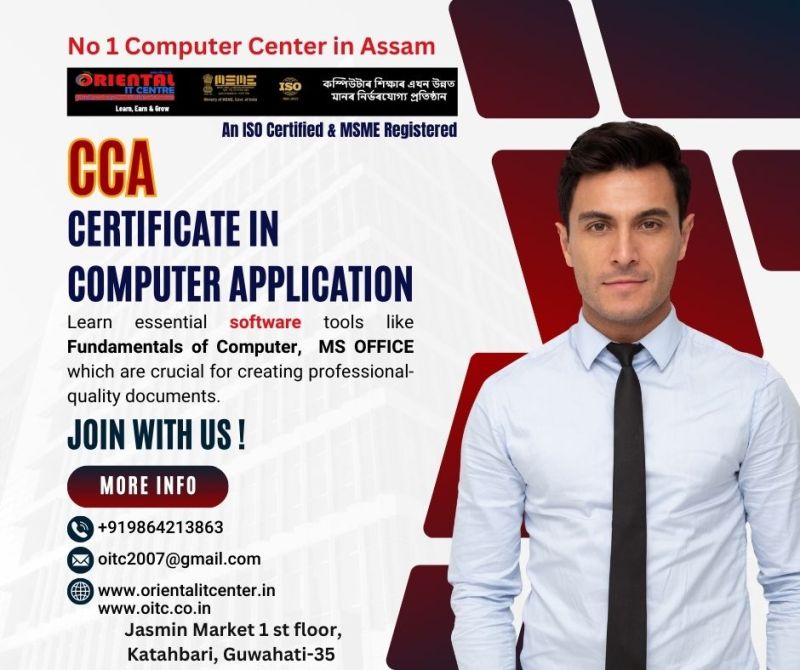
Course Code : SACSM-068
Course Code : SACSM-069
Course Code : SACSM-070
Course Code : SACSM-071
Course Code : SACSM-072
Course Code : SACSM-073
Course Code : SACSM-074

Course Code : SACSM-075
Course Code : SACSM-076
Course Code : SACSM-077
Course Code : SACSM-078
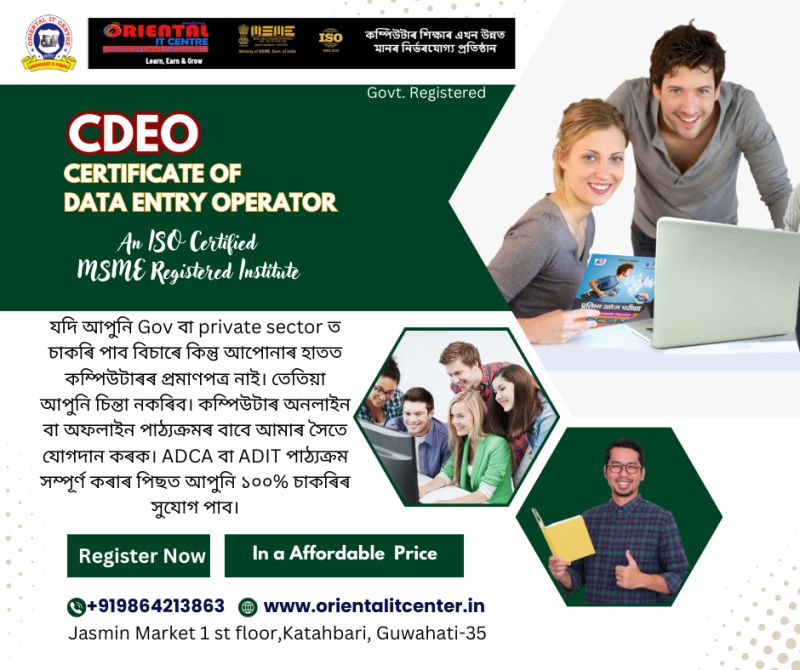
Course Code : SACSM-079
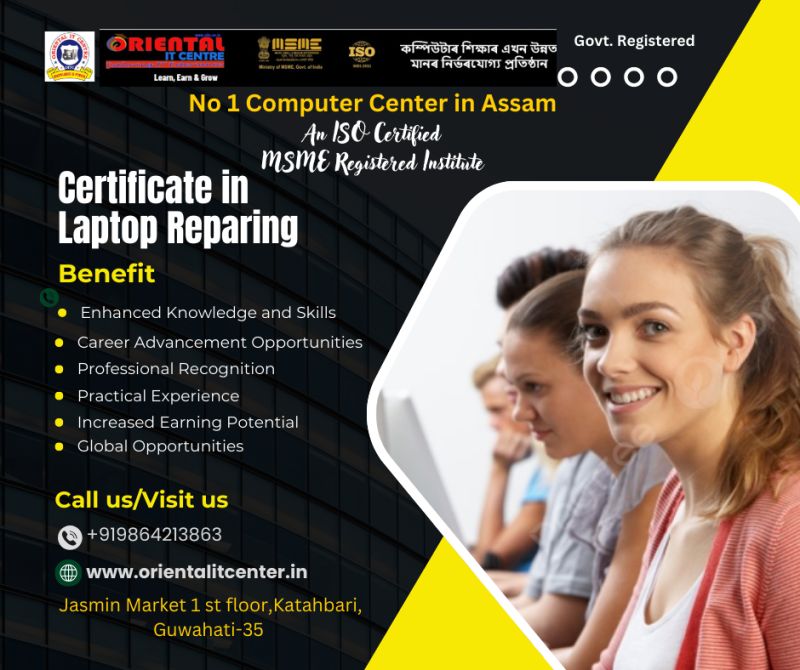
Course Code : SACSM-080

Course Code : SACSM-081

Course Code : SACSM-081
Course Code : M-DCA

Course Code : M-SACSM-01
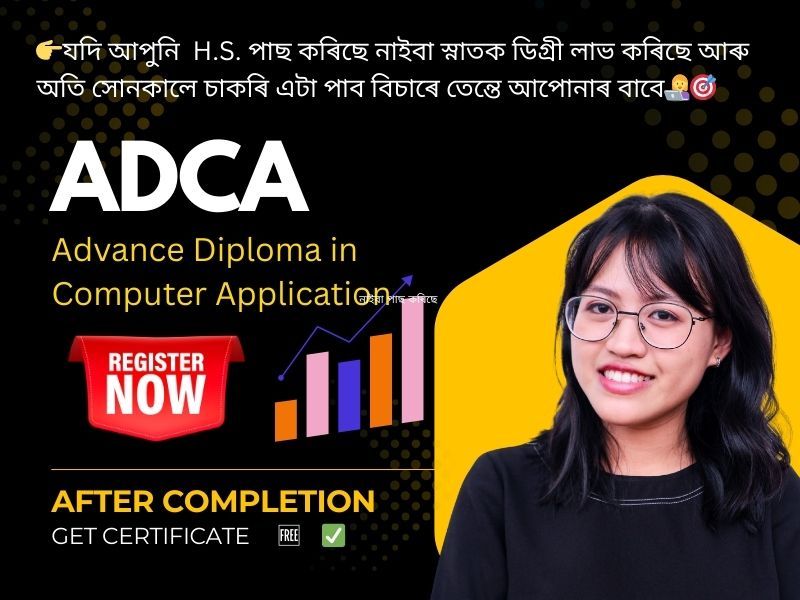
Course Code : M-SACSM-03
_89240184_logo.png)
